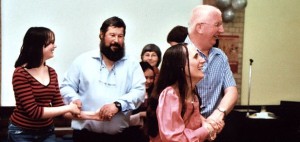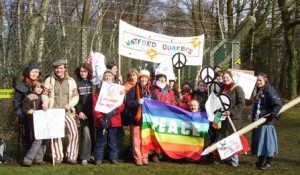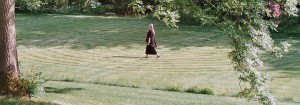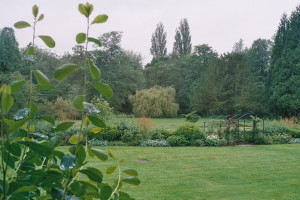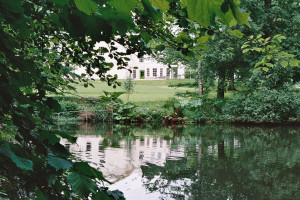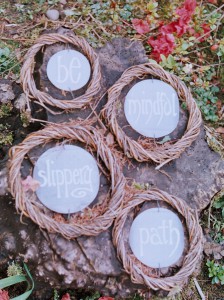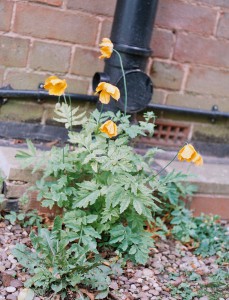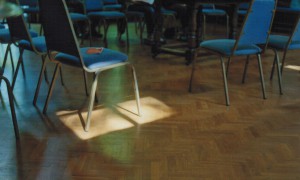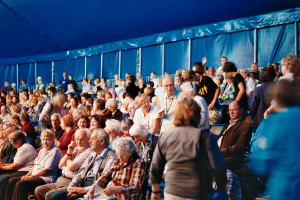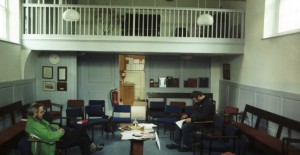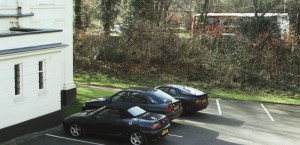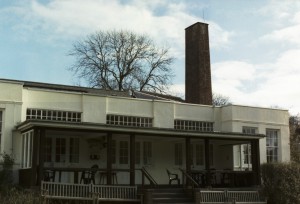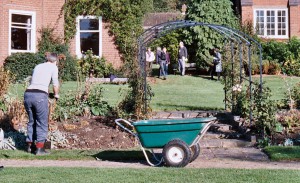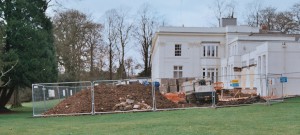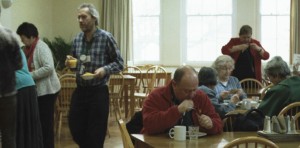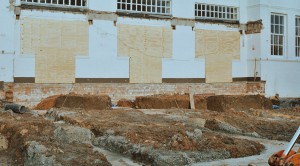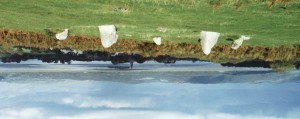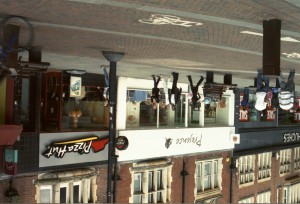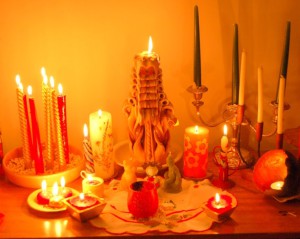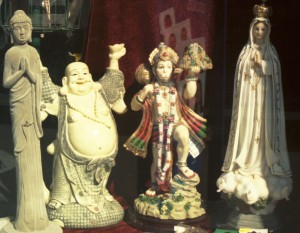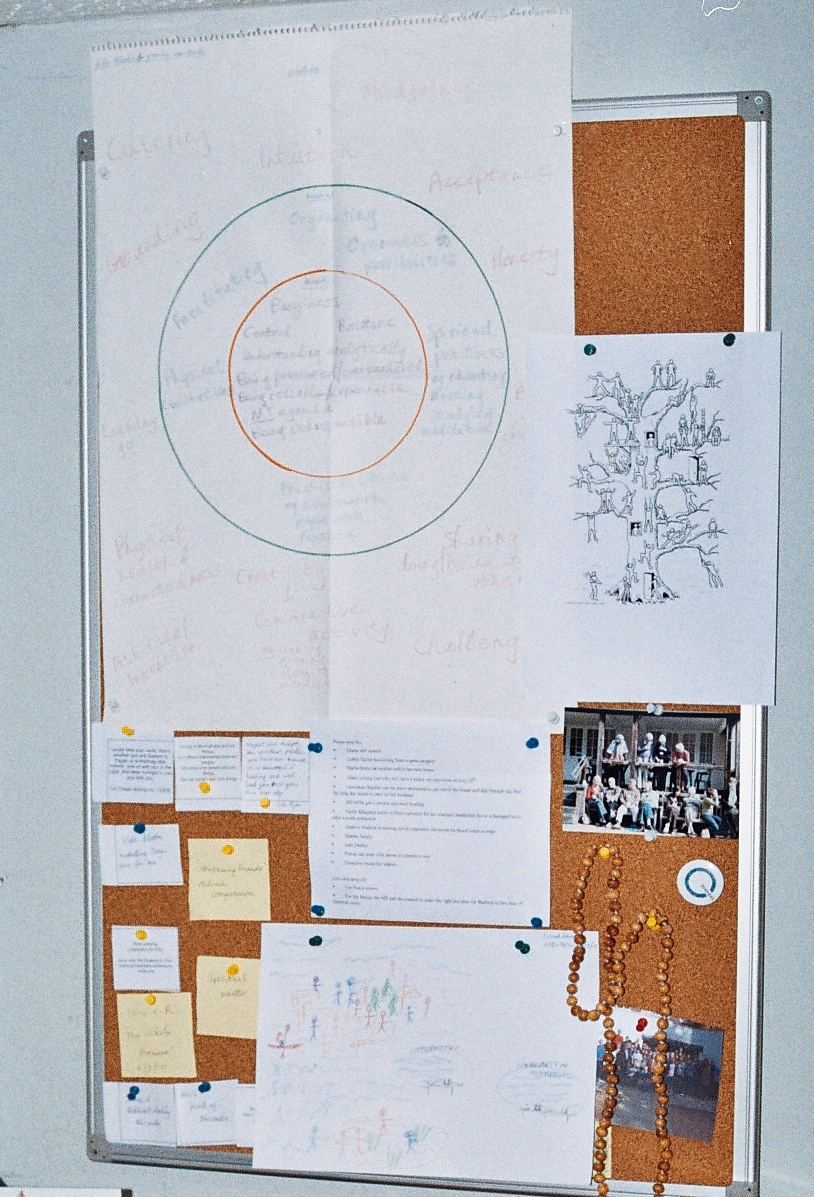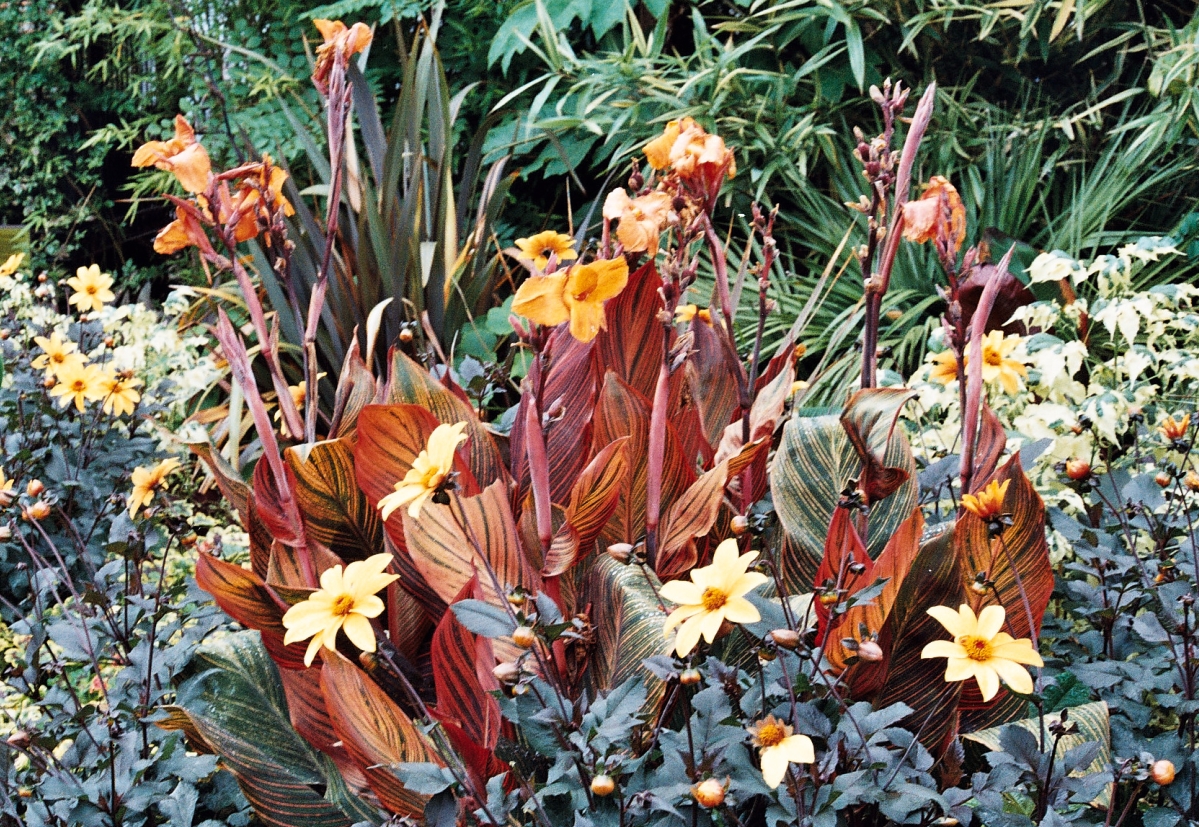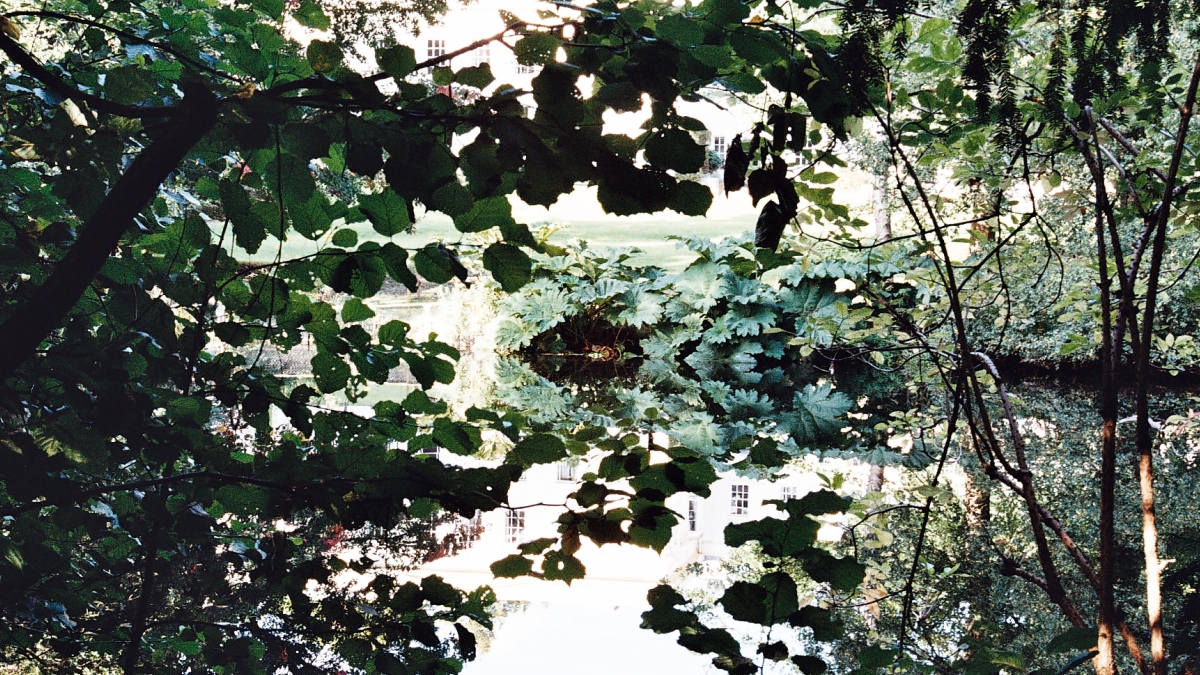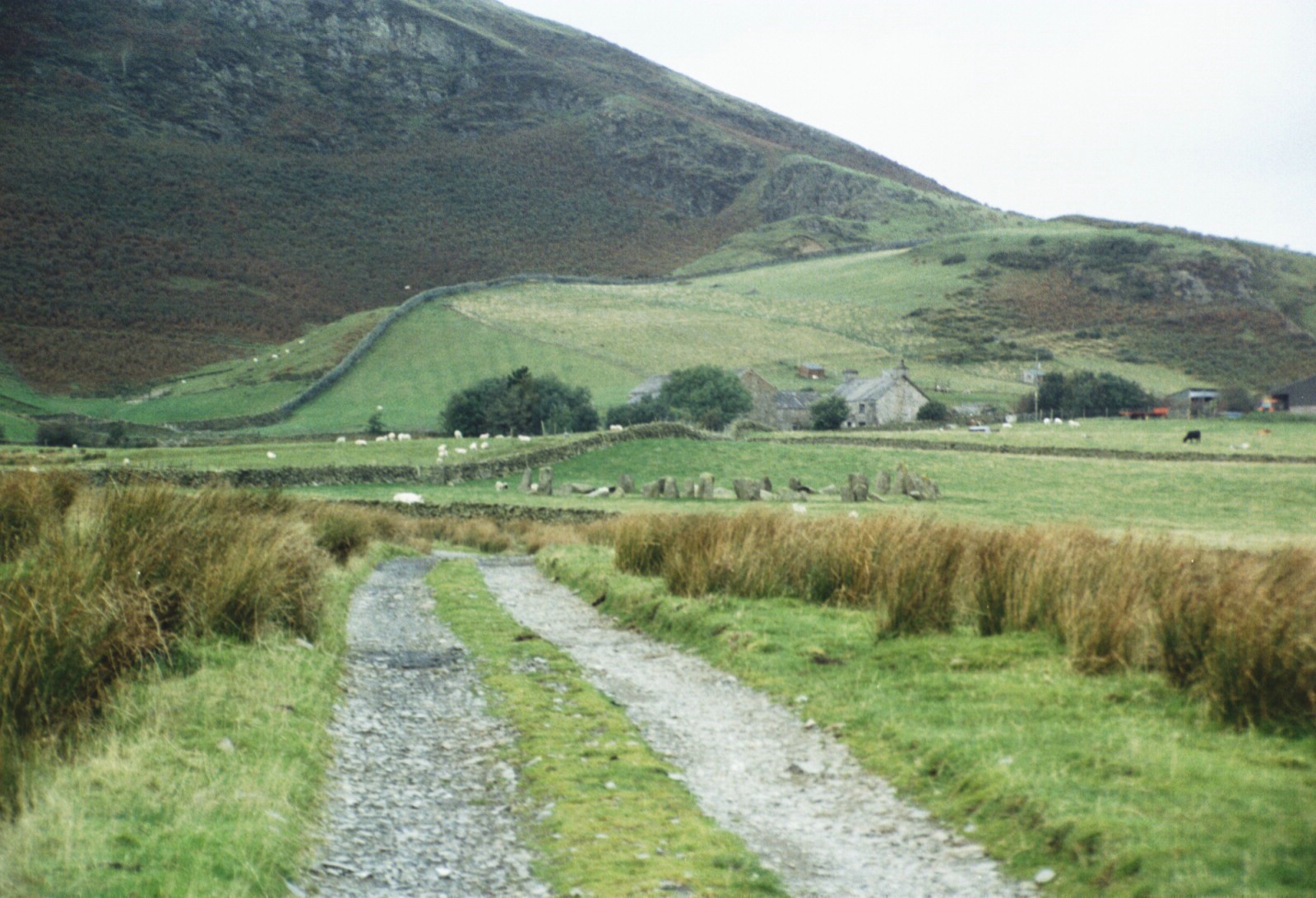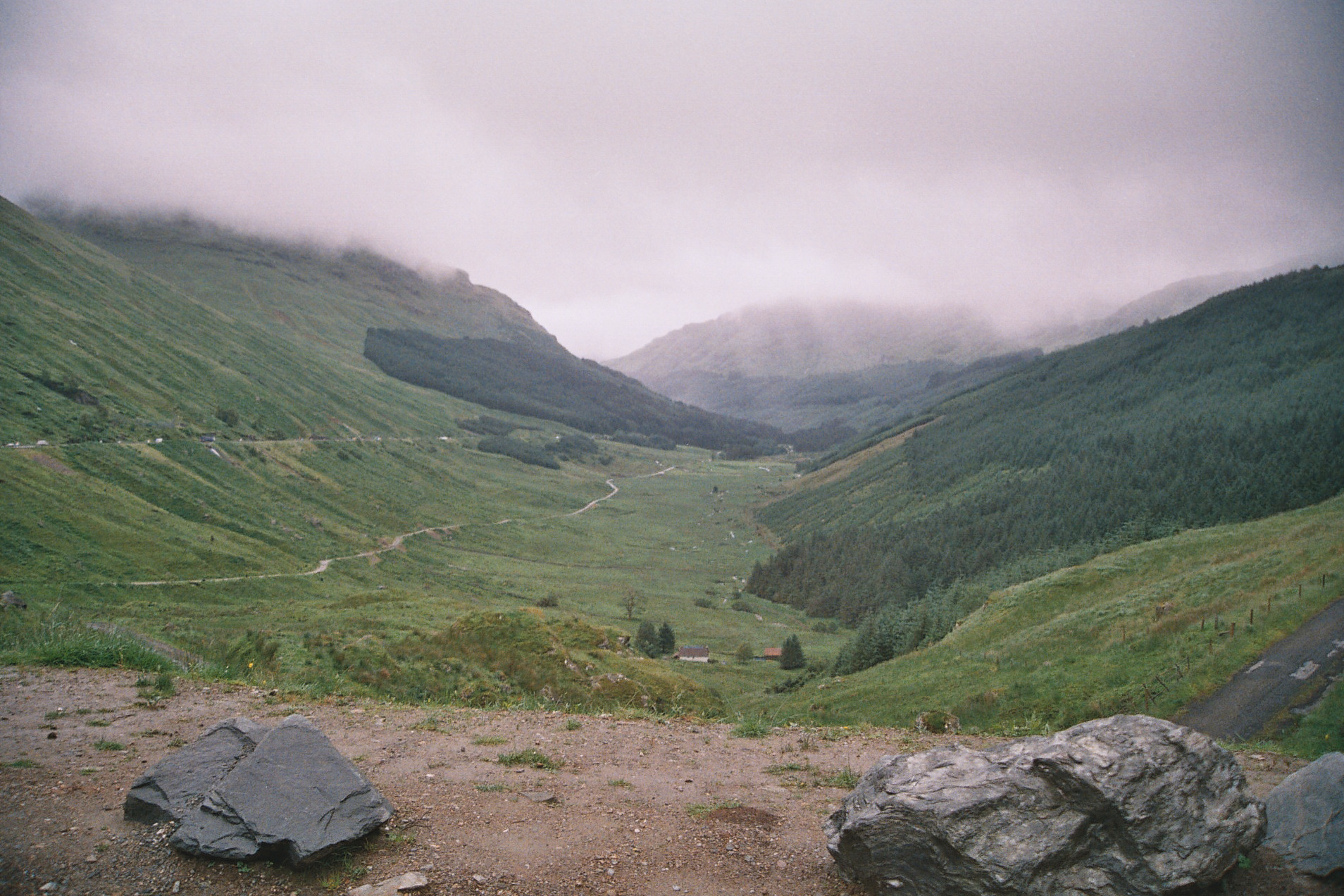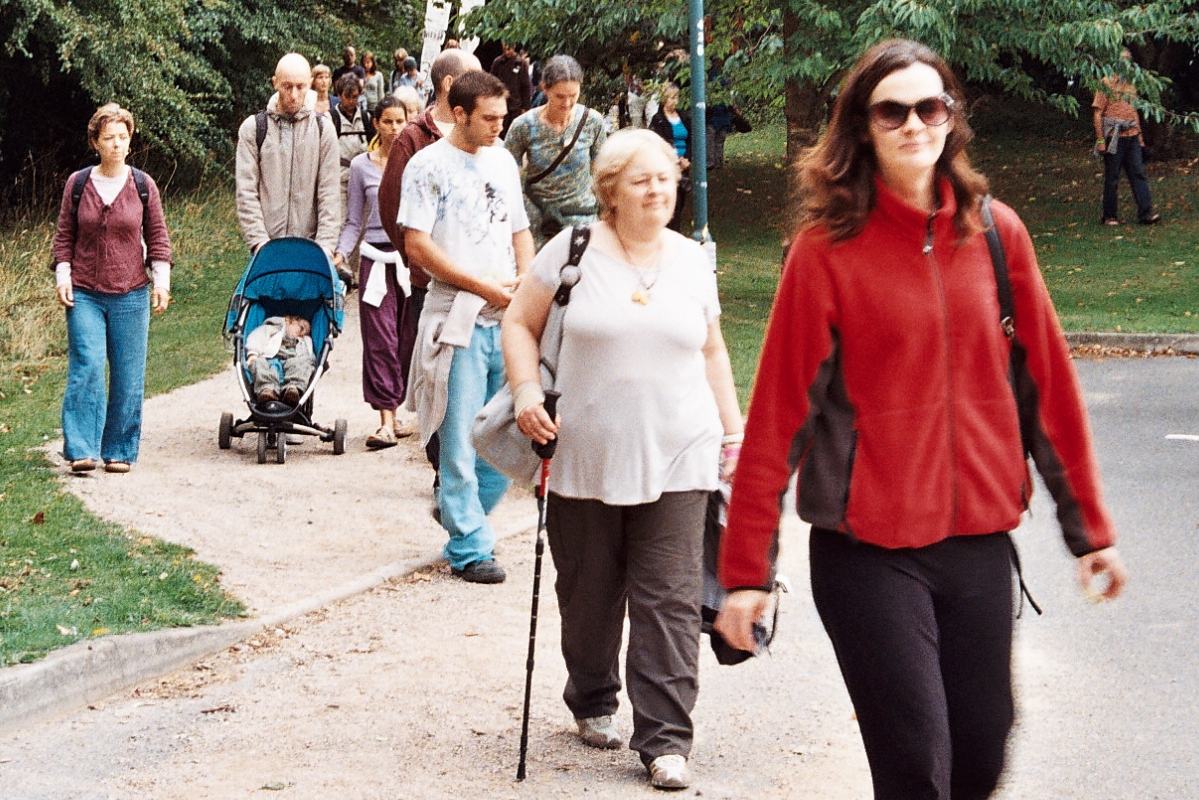Well, this is where is gets difficult! So, X is the way we mark a mistake, and X is the Roman numeral for 10. So here are ten ‘mistakes’ about Quakers, all fairly common:
I We all died out years ago.
I’m still alive and I wasn’t the only Quaker at the meeting house last time I went there.
II We are like the Amish, the Mormons, the Shakers.
Not really, we live in the modern world, don’t knock on doors trying to convert people, aren’t really that weird. Though we are a small group that a lot of people haven’t heard of.
III We’re hidden, secretive and don’t let anybody join us.
We’re trying hard not to keep our existence a secret, and we’d love you to join us.
IV We all eat porridge.
See O is for Oats.
V We don’t allow smoking, drinking or having fun.
We don’t have any rules against smoking or drinking, though many Quakers give up (or never take up) these things. We find that we can have fun together without needing to consume alcohol. And we like cake 🙂
VI We’ll all die out by 2034.
This has been predicted by projecting the statistics – but I don’t intend to be dead by then, and nor do a lot of other Friends (especially all those still below 60 or 70!).
VII We’re all hippies.
Depends a bit what you mean by hippy: peace loving – yes, drug-taking – mostly not, prone to joining demos, marches and ban-the -bomb protests – quite a few of us.
VIII We all wear grey, or black, and funny hats.
Most of us wear colours, a few wear hats, we mostly try to avoid being drawn into the latest fashions.
IX We all have grey hair.
We can’t help getting older (and few of us would dye our hair to disguise our age), and a lot of people are already grey-haired when they find us – we need to work on letting younger people know of our existence.
X As a Quaker, you can believe anything you like.
Anyone is welcome to attend our meetings for worship and they won’t be quizzed about their beliefs or told what they ought to believe. However, we do expect those in membership to agree in essentials with certain beliefs, although these are not a form of words, more a way of life. To me personally, a person who comes regularly to meeting for worship and who participates in our meetings for worship for business, where we seek ‘the will of God’ for this group, at this time, in this situation, is effectively believing what I believe – even if we describe our experiences of this in different words.

